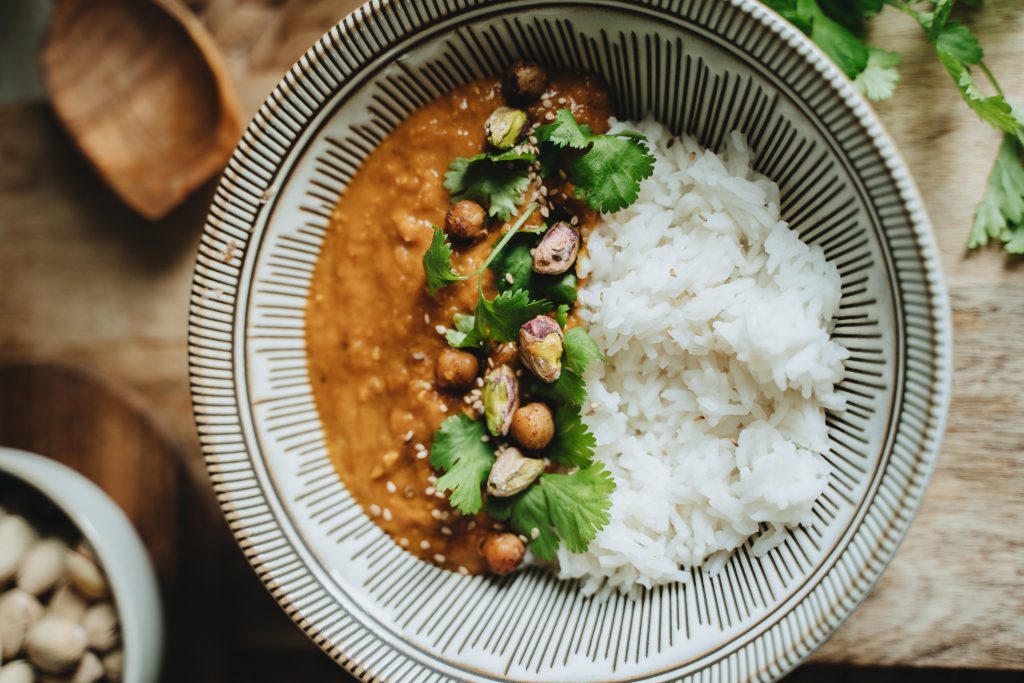UK households waste around 4.5 million tonnes of perfectly edible food every year. So it makes sense that saving food means saving money; it’s estimated that the average family could save around £60 a month – a whopping £720 a year – if they ate everything they bought.
But saving food from the bin also helps the planet. That’s because wasted food contributes directly to climate change; if food waste were a country, it would be third largest emitter of greenhouse gases after China and the US.
During the initial period of national lockdown (March to June 2020), the UK threw away a third less food, as people got creative with cooking at home. But sadly, now that things are returning to normal, food waste at home is back on the rise.
Small changes at home can help; like organising your fridge properly to keep things fresher for longer. Keep food that is quicker to go off on the top shelf, meat and fish on the lower shelves, and vegetables in the drawer where it’s more humid. Use the door (the warmest part) for condiments.
You can also take a #shelfie before you go shopping (a quick pic of the inside of your fridge) to make sure you don’t double up and buy perishable groceries you don’t need, and won’t get around to eating.
Get friendly with your freezer too; most foods freeze well and can be saved for use another day. The freezer is also great if you’re batch cooking and don’t want to eat the same vegetable soup for five days in a row.
You can even ‘rescue’ food from going to waste around the city, by collecting surplus food at discounted prices (Too Good To Go) or for free (Olio); you can list your own surplus ingredients as free to collect, too.
Let’s learn to love our leftovers. It’s an opportunity to get creative in the kitchen, discover new recipes and learn new skills – with the added bonus of having a positive impact on the planet.
Here are some more great ways to reduce food waste and make the most of what you have at home:
- Plan your meals
Planning dishes you want to make or ingredients that you think you will need helps reduce shopping time – and the potential to waste food. Plan some recipes at the start of the week based on what you already have in your cupboards, then work out what else you need. Think about whether you can use the same ingredients in different meals. - Go for tins
Don’t be afraid to use tinned or frozen foods in your meals. Frozen and tinned fruit and vegetables are still nutritious and are usually much cheaper. They can also be simpler to prepare and have a much longer shelf life. - Understand the labels
‘Best Before’ dates appear on a wide range of frozen, dried, tinned and other foods, but they reflect the potential quality of a food item, not the safety. Items past their ‘Best Before’ can be perfectly safe to eat; however, if a food item is past its ‘use by date’ should not be eaten, even if it looks and smells fine. This is because using it after this date could put your health at risk.



